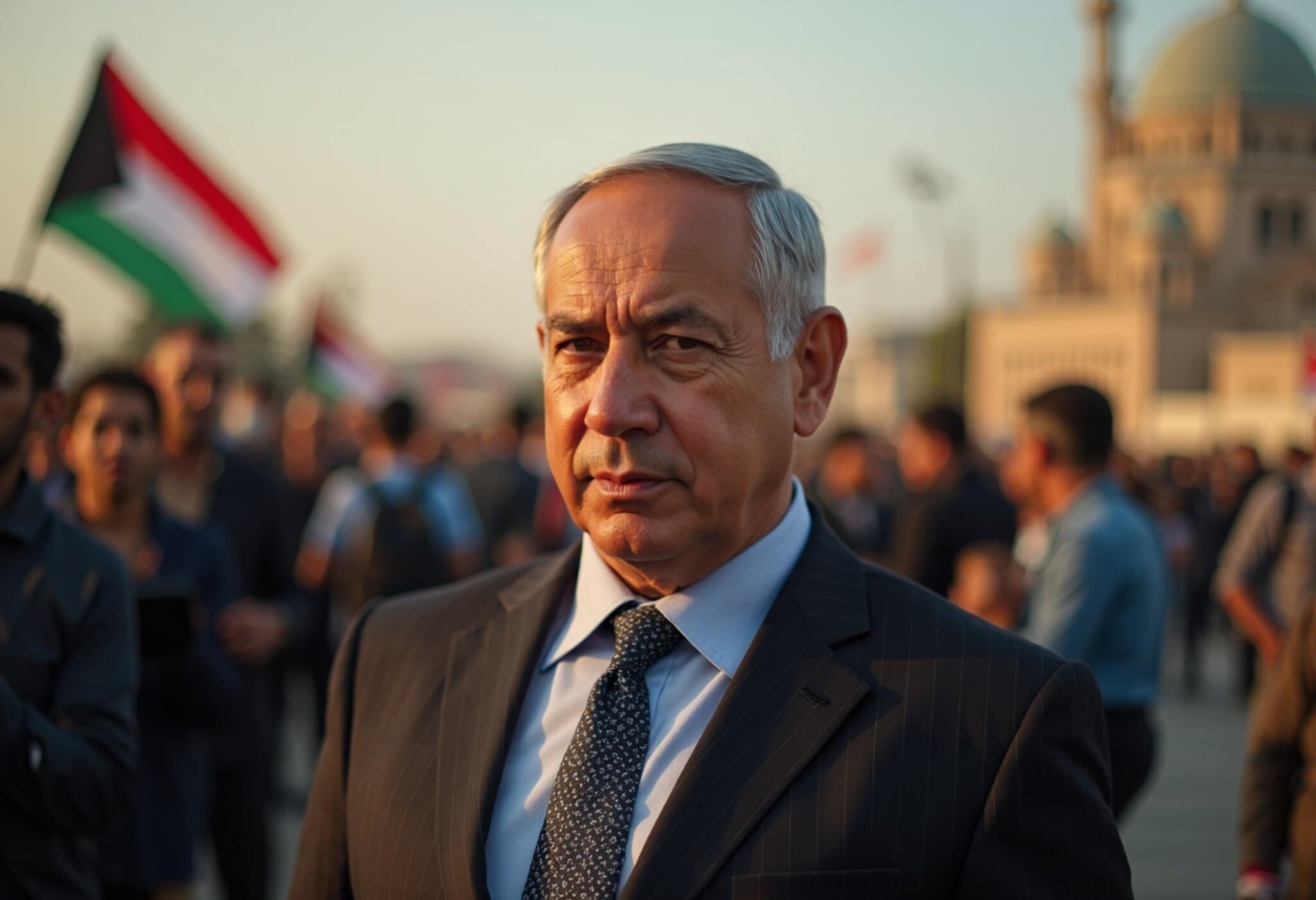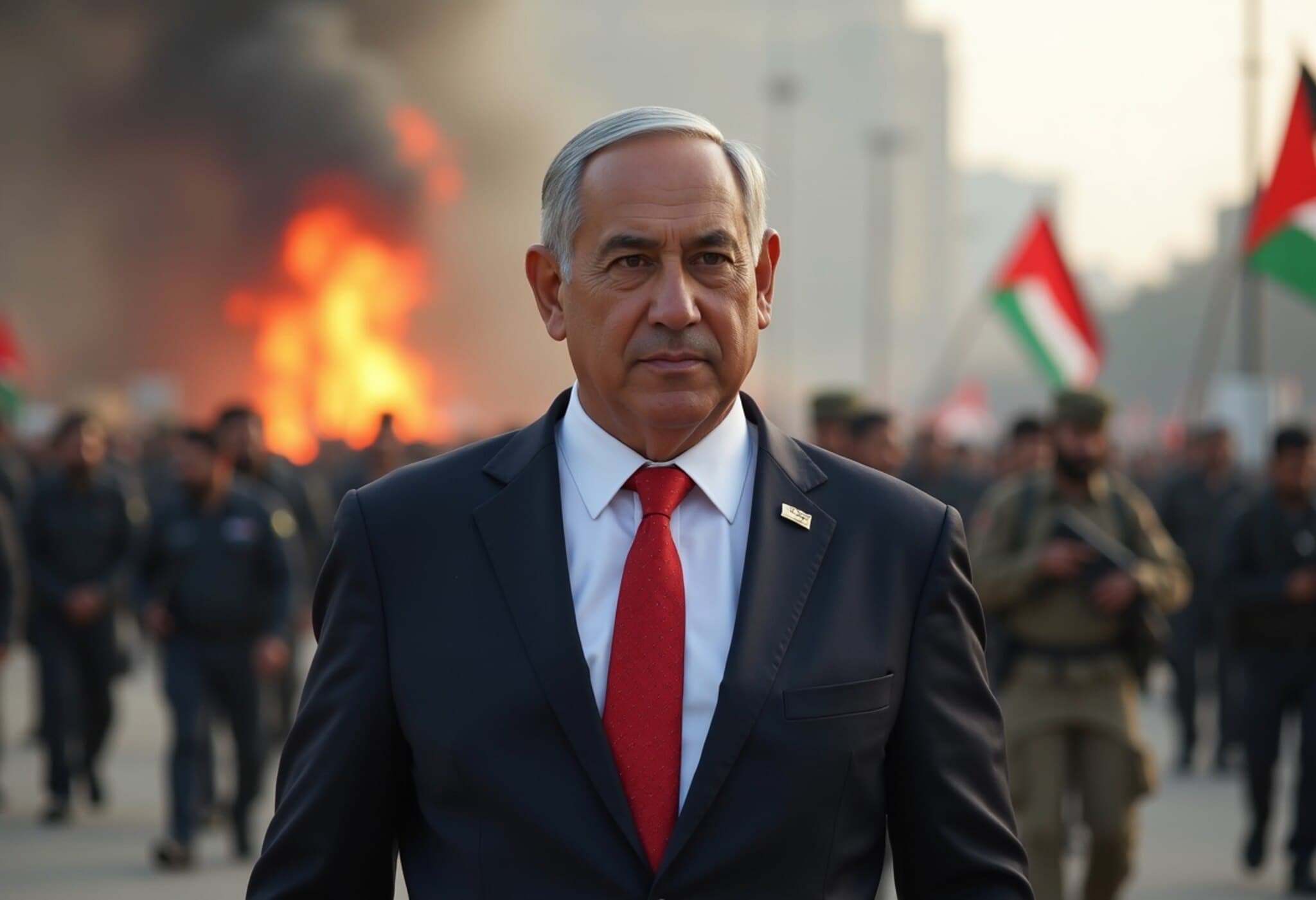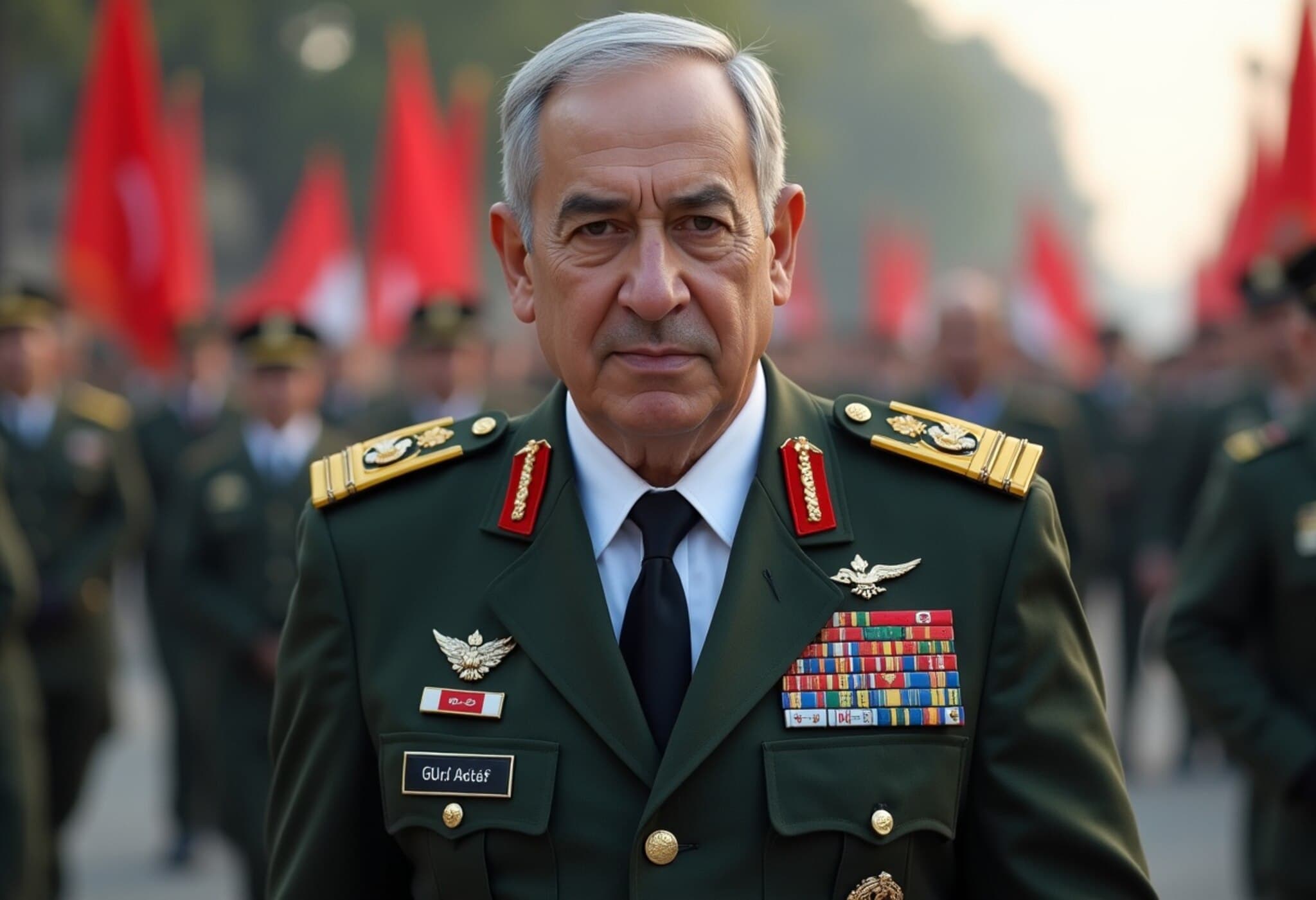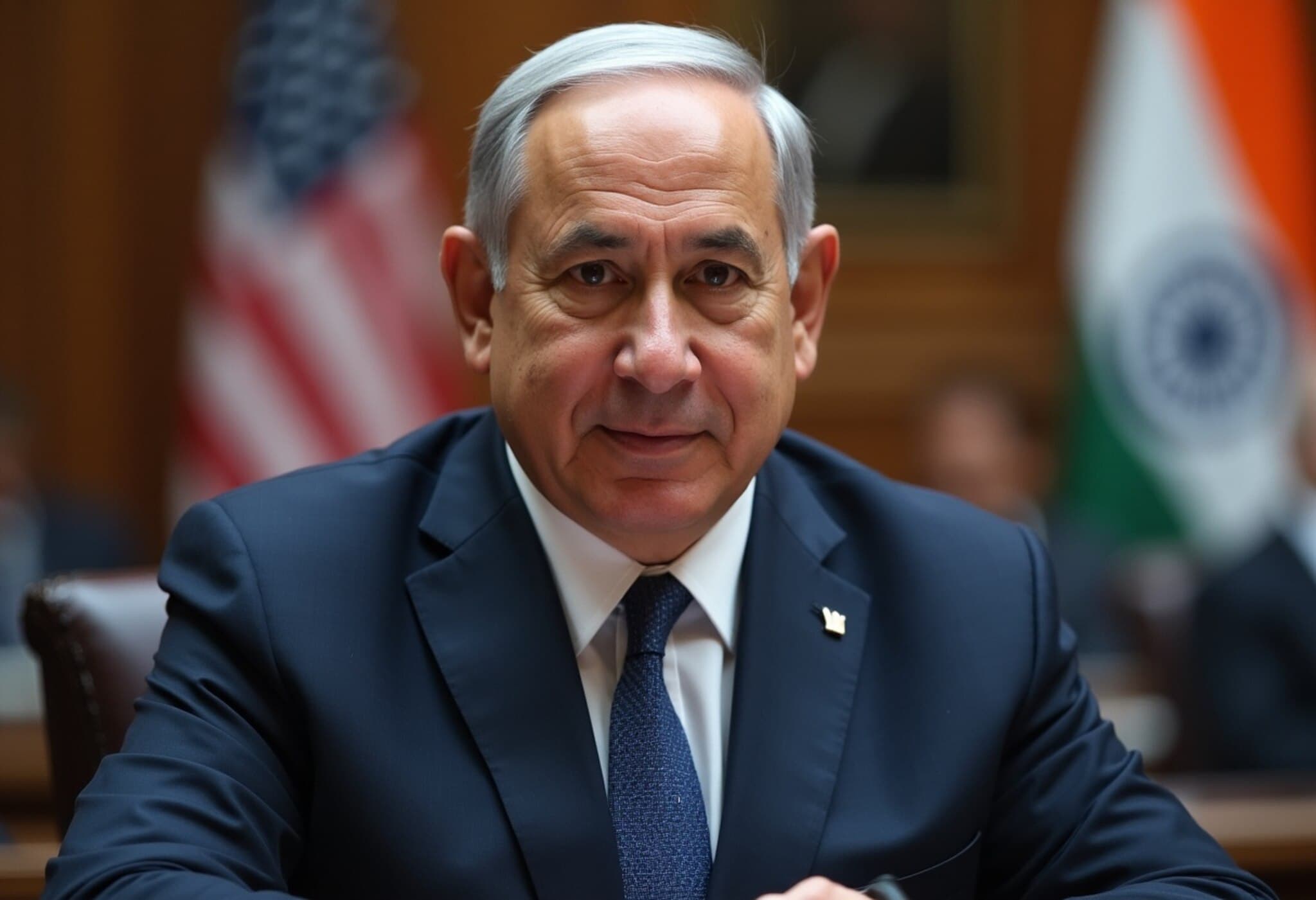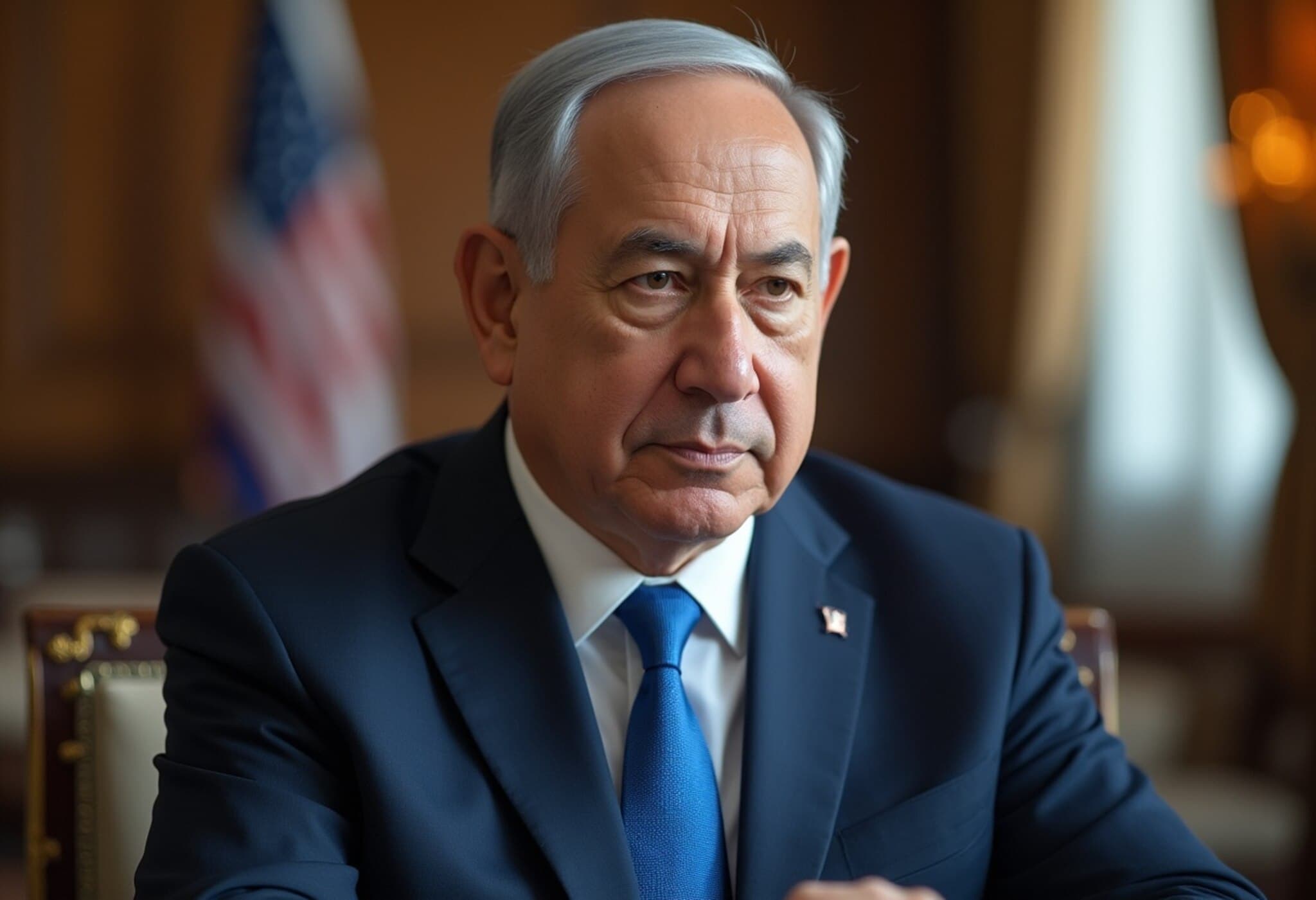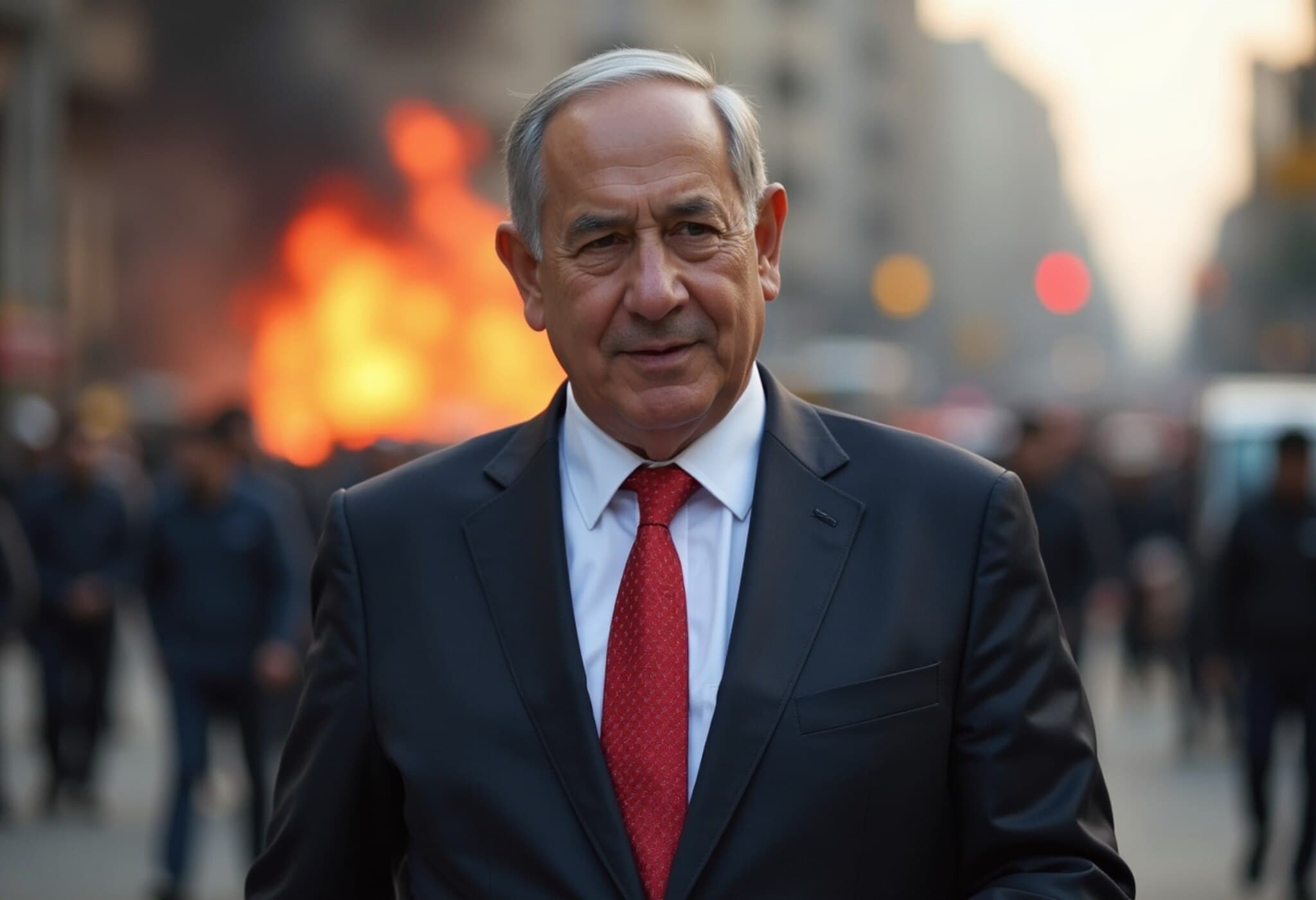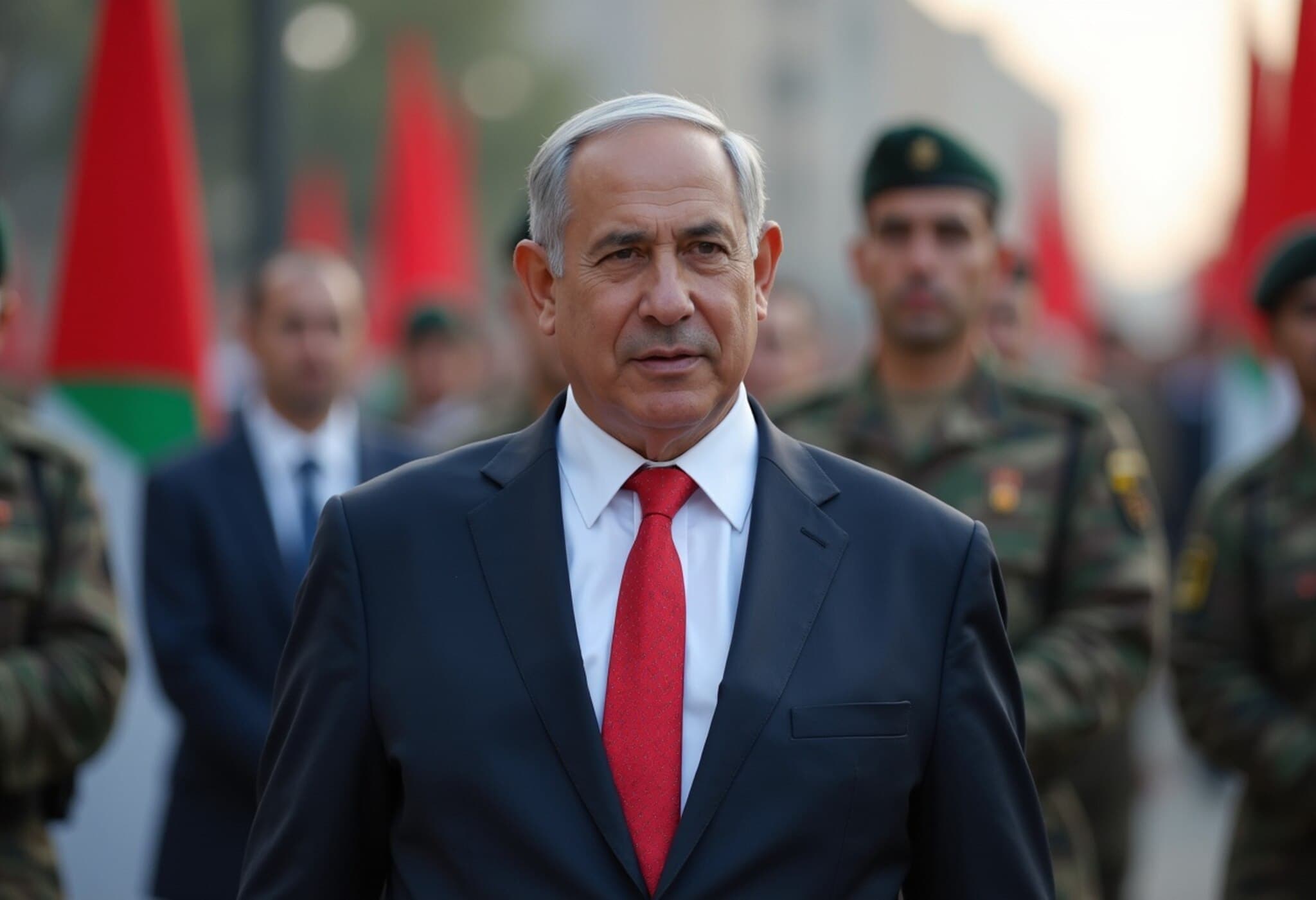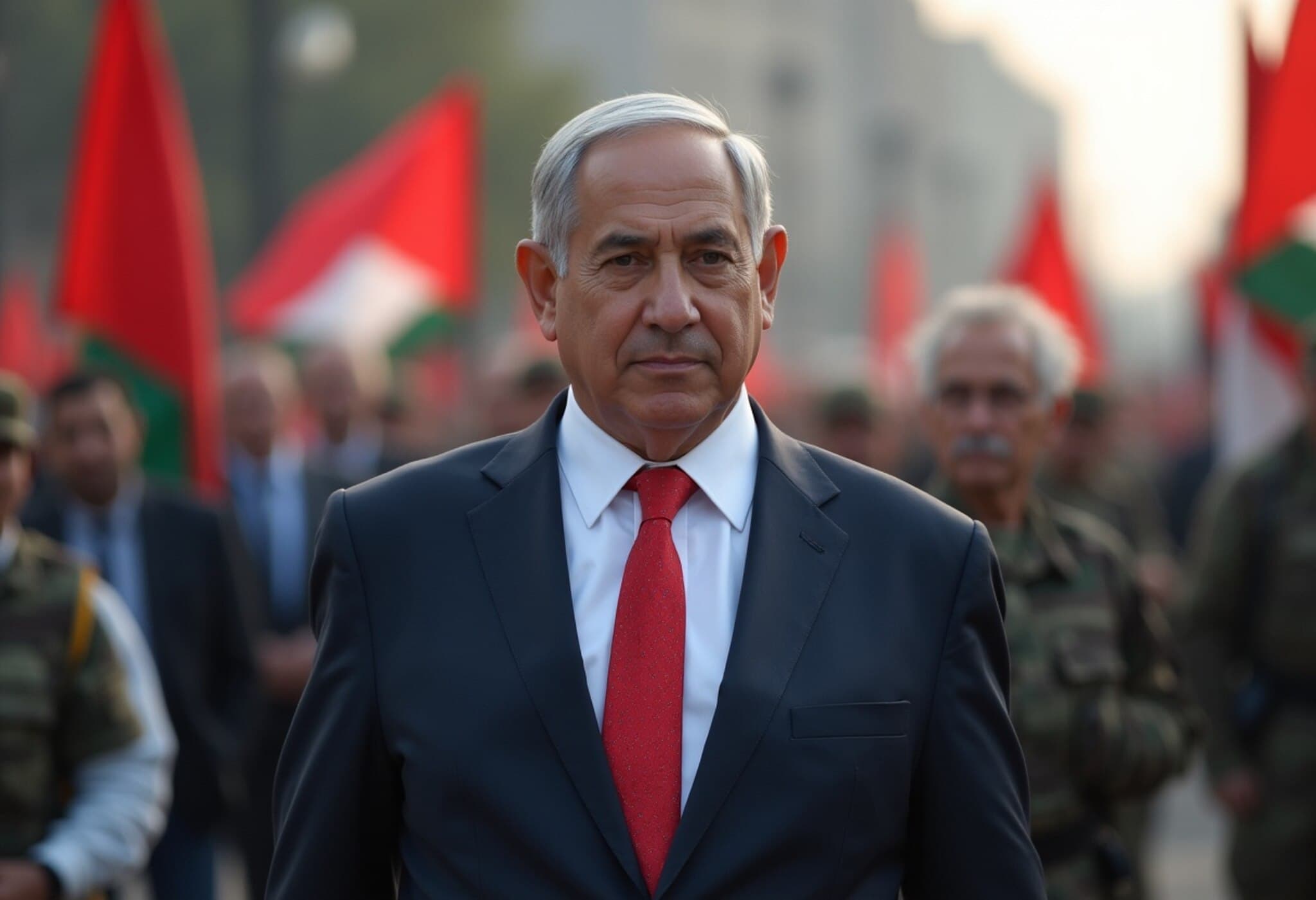Majority of Israelis Back Hostage Deal to End Gaza Conflict
An overwhelming 73% of Israelis believe the ongoing war in Gaza should conclude with a negotiated deal for the release of hostages, signaling widespread public fatigue and a desire for resolution amid escalating violence. This sentiment emerges as Israel grapples with a deepening humanitarian crisis in Gaza and mounting domestic unrest.
Political Motivations Behind the War: A Growing Public Skepticism
Alongside the call for peace, a striking two-thirds of the Israeli population perceive Prime Minister Benjamin Netanyahu’s political ambitions as the primary driver of the conflict, rather than clear strategic objectives. This view is sharply reflected in ongoing nationwide protests, where thousands have taken to the streets, blocking roads and demanding swift action to secure the safe return of hostages.
Einav Zangauker, mother of hostage Matan Zangauker, told The Times of Israel that Netanyahu seems to be waging this war “without a clear goal,” adding that the prime minister is now “afraid of one thing — public pressure.”
Voices from Within the Military Question the War’s Motivation
Notably, a significant 64% of Israeli soldiers echo the public's doubts, believing the military campaign is influenced more by political considerations than by security imperatives. Such views raise pressing questions about decision-making processes at the highest levels amid a conflict with profound national consequences.
Even Supporters of Netanyahu and Far-Right Parties Want an End
The survey, conducted by Agam Labs and published by The Jerusalem Post, reveals that desire for a negotiated end transcends political lines. Over half (54.7%) of Netanyahu’s Likud party supporters favor concluding the war with a hostage deal. Meanwhile, support among far-right factions, including the Religious Zionist Party and Otzma Yehudit, is lower but still significant, with approximately 28.4% backing an end to the fighting.
The Human Toll and International Backlash
As Israel intensifies its offensive to regain control of Gaza City, the international community’s condemnation grows louder. The humanitarian situation in Gaza has deteriorated relentlessly under severe restrictions on aid deliveries, with civilians suffering from starvation and attacks even at food distribution points — footage documented by the United Nations starkly illustrates these dire conditions.
Most recently, Israel’s bombing of Nasser Hospital, Gaza’s key medical facility, resulted in the deaths of around 20 people, including several journalists from internationally respected news agencies. Incidents such as this amplify humanitarian concerns and complicate Israel's diplomatic standing on the world stage.
Contextual Insight: Political Calculations and Public Opinion in Israeli Conflict Dynamics
This survey sheds light on a complex reality where public opinion, military strategy, and political calculus are intertwined. In democracies engaged in prolonged conflicts, public sentiment can act as a powerful check on government action — particularly when wars drag on without clear objectives or substantial human costs mount.
For U.S. policymakers and regional stakeholders, understanding this nuanced dynamic is crucial. The U.S. provides significant military aid to Israel, and shifts in public opinion could influence policy approaches, diplomatic pressure, and peace initiatives moving forward.
Editor’s Note
The findings from this recent survey compel us to rethink standard narratives around the Gaza war. When a majority of a nation’s citizens and soldiers perceive political motivations behind a costly conflict, it prompts urgent questions: How do political considerations shape warfare decisions? What mechanisms exist to hold leaders accountable amid crisis? And crucially, how can hostage diplomacy intersect with broader peace efforts without deepening divisions?
As this conflict unfolds, continuous, independent public opinion monitoring offers valuable clues regarding the trajectory of Israeli politics and the prospects for peace in the region.

